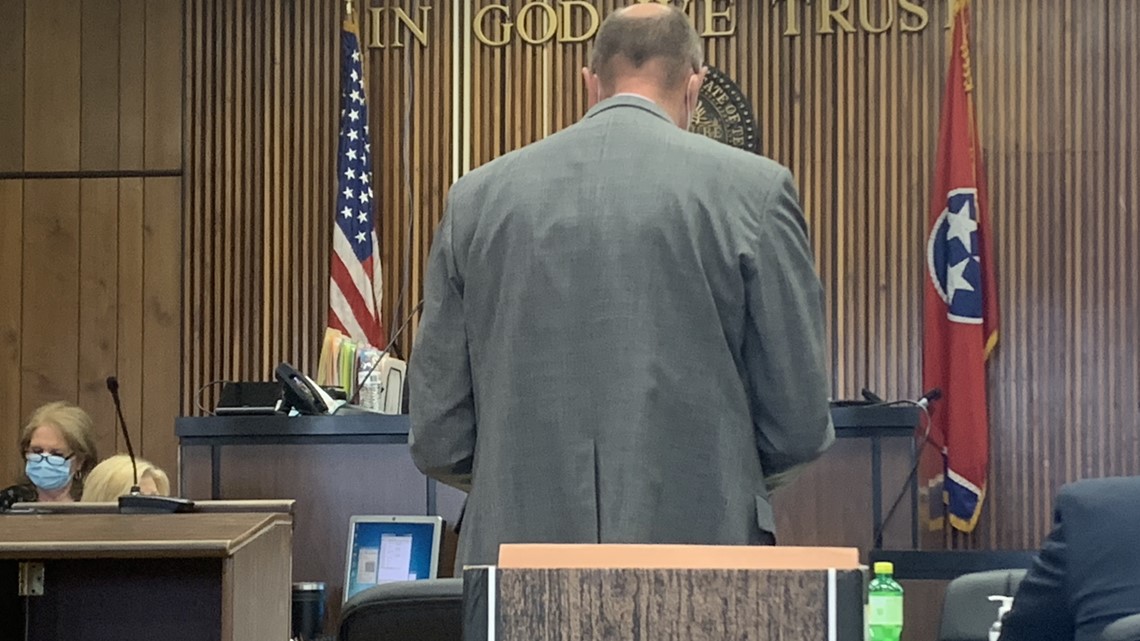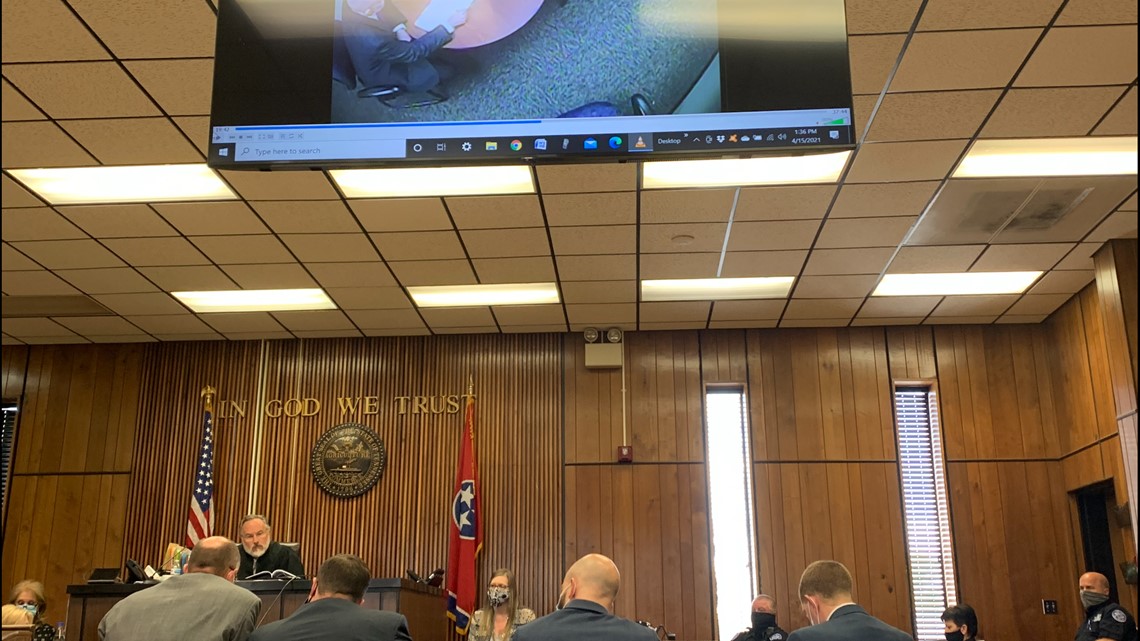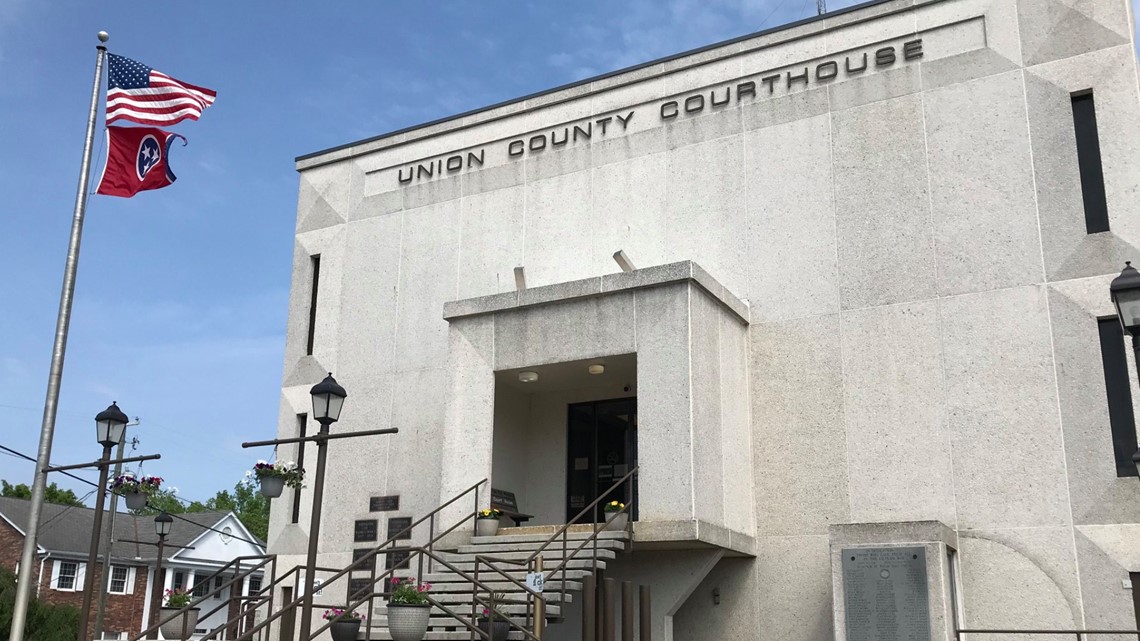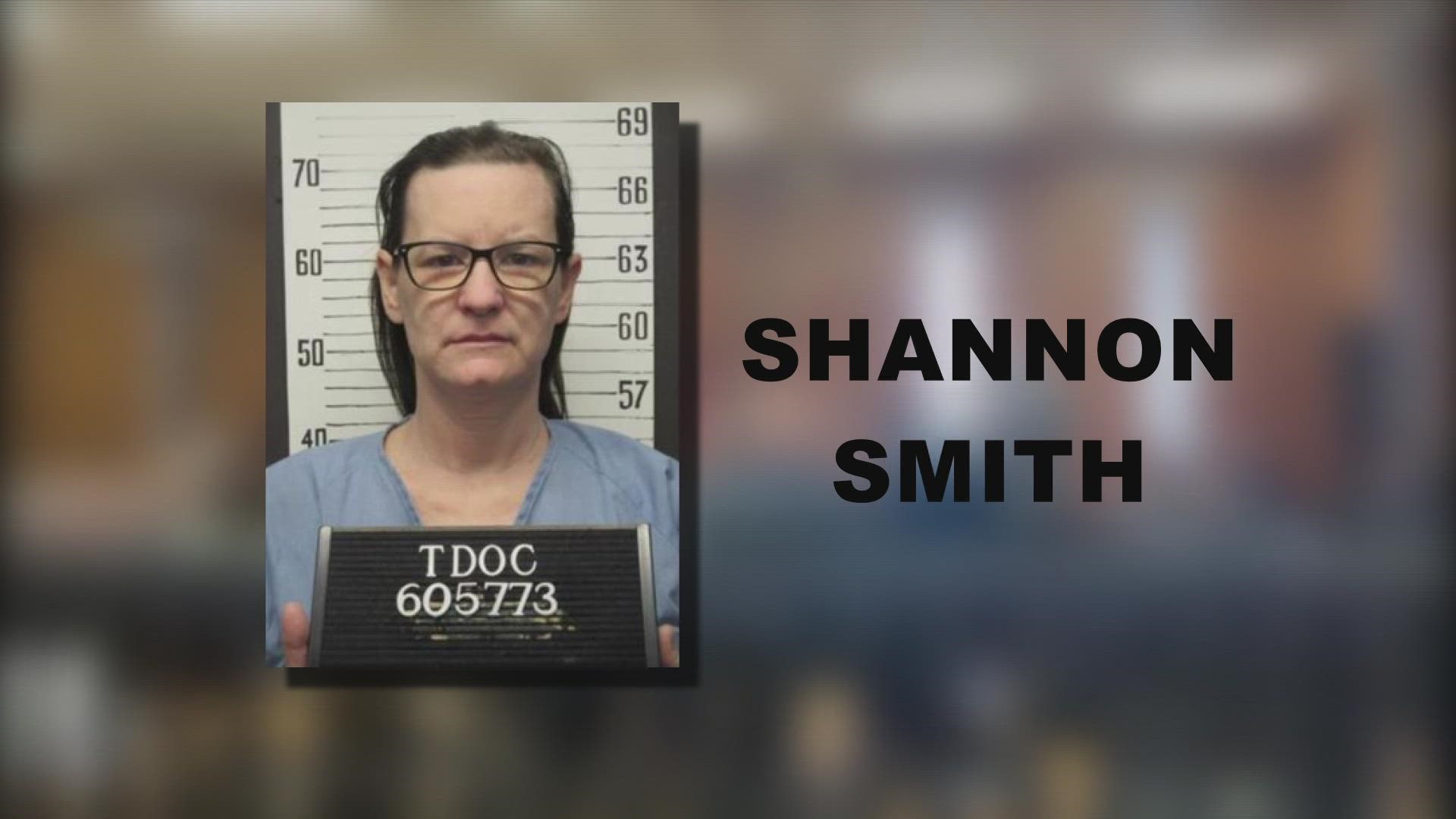Evidence that a Union County detective might have had a brief fling with a witness doesn't undermine the proof used to convict a jealous wife in the 2017 murder of her husband, the state Court of Criminal Appeals said in a decision filed Thursday.
A Union County jury convicted Shannon Smith for second-degree murder in the death of her husband, Tim. She was highly possessive of him and had repeatedly accused him of having affairs with others, the trial showed.
Smith shot him once in the face in July 2017 after yet another quarrel outside their Maynardville house.
As they presented their case, Union County District Attorney General Jared Effler's Office relied on an audio recording of the fight and fatal shooting, along with Smith's Facebook messages and witnesses who heard Smith make incriminating statements at her husband's funeral.
The jury convicted Smith in 2019. She's serving 17 years at the West Tennessee State Penitentiary in Henning.
After her conviction, newly hired defense attorney T. Scott Jones of Knoxville started digging into the case.
He found evidence indicating one of the detectives in the case, Randy Summers, appeared to have had a brief fling a year after the killing with a woman who ended up testifying at the 2019 trial. Amanda Atchley testified that she'd heard Smith make incriminating comments after the killing.
Jones also learned that Summers previously had been dismissed from a brief stint with the Tennessee Alcoholic Beverage Commission after he and another agent had sex with a woman in a Cleveland, Tenn., motel room while down there on an assignment.
The TBI interviewed several people about the new information, including Summers. He told an investigator he never had sex with the woman, despite her claims. Further, he said he'd never talked to her about what he knew about the case before Atchley testified.


He acknowledged being dismissed from the TABC.
Jones argued his client deserved a new trial because what he'd learned was relevant to the credibility of both the detective and Atchley.
Judge Shayne Sexton, however, said neither witness was so key to the conviction that Smith deserved a new trial.
The relationship might have been tawdry, Sexton noted, but it's just speculation to guess what effect it might have had on the jury.
"Had the information been timely disclosed and made an issue at trial, the weight of the evidence produced by the prosecution would have strongly supported the verdict rendered by the jury and certainly outweighed the negative inference raised by the information," he wrote.


The Court of Criminal Appeals agreed. Judge Curwood Witt wrote the opinion denying Smith a new trial, with Timothy Easter and John Campbell joining.
The crux of the state's case rested on the audio recording of the killing, Smith's phone and Facebook messages, all of which was handled by a TBI agent and not Summers, the court wrote.
"...the evidence of a relationship between Detective Summers and Ms. Atchley and of Detective Summers' termination from the TABC were not material to the outcome of this case, and the trial court did not err by denying the defendant's motion for new trial," Witt wrote.



